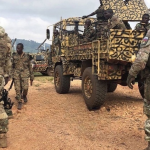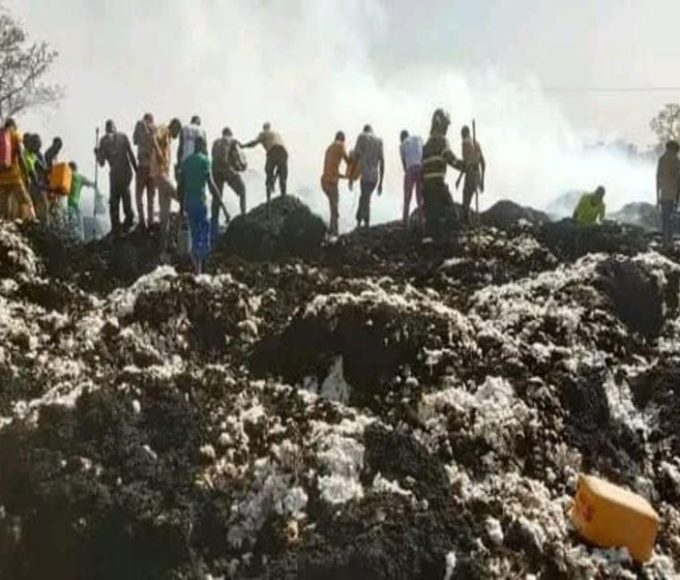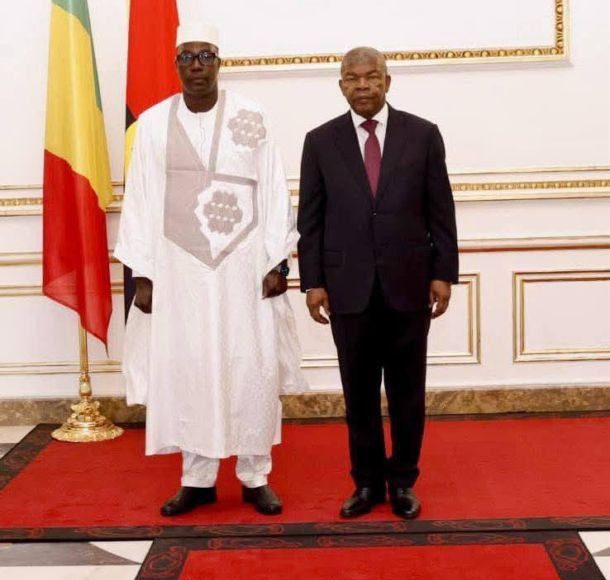
Chad holds first presidential election in three decades

Chad is gearing up for its first presidential election in three decades today. Originally slated for October 2022, the election was postponed, leading to protests that were met with force by security personnel.
Today’s voting carries added weight as it marks the Sahel region’s inaugural presidential election following a spate of coups.
Mahamat Idriss Déby Itno, the incumbent president, faces a spirited opponent but is tipped as a favourite for victory. Déby has campaigned on promises of bolstering security measures, enhancing law enforcement, and improving energy infrastructure.
However, the election is held against a backdrop of shifting geopolitical dynamics. The United States, a crucial ally to Chad and the wider West, has temporarily withdrawn troops from the region. This withdrawal coincides with the election, raising concerns about potential security implications.
Polling stations opened at 7 a.m. to accommodate the 8.5 million registered voters nationwide.
Early voting by soldiers took place ahead of the main election day, adding to the anticipation and scrutiny surrounding the process.
Provisional results are expected to be announced by May 21, with the final results due by June 5. If no candidate secures over 50% of the vote, a runoff is scheduled for June 22.
Déby’s tenure has been marked by close ties with France, which retains a significant military presence in Chad. While some neighbouring Sahel nations have turned towards Moscow, Chad prioritises its relationship with France.
The temporary withdrawal of U.S. troops announced as part of a security review post-election underscores the complexities of Chad’s geopolitical position and the challenges it faces in maintaining domestic and regional stability.
About The Author
Related Articles
Zimbabwe Rejects $350m US Health Deal Over Sovereignty Dispute
Zimbabwe has formally withdrawn from negotiations on a proposed $350 million health...
ByWest Africa WeeklyFebruary 25, 2026Niger’s President Outlines Vision for Strategic Partnership with China
Niger’s Head of State, General Abdourahmane Tiani, has articulated a renewed vision...
ByWest Africa WeeklyFebruary 25, 2026Fire Destroys 140 Tonnes of Cotton in Western Burkina Faso
A major fire has destroyed more than 140 tonnes of cotton in...
ByWest Africa WeeklyFebruary 25, 2026Mali’s New Ambassador to Angola Presents Credentials, Pledges Stronger Bilateral Ties
Diplomatic relations between Mali and Angola entered a new phase on February...
ByWest Africa WeeklyFebruary 25, 2026











